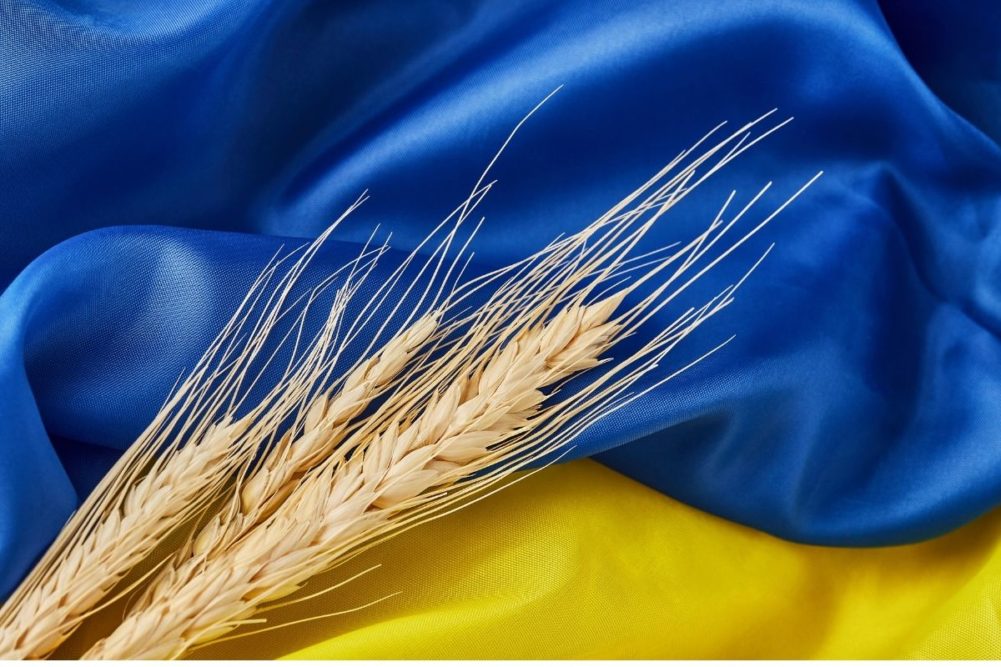NEW YORK CITY, NEW YORK, US — Ukraine may not be able to meet domestic and export wheat demand in the years to come if Russian attacks on food infrastructure and blockage of sea export routes continue, according to the United Nations’ World Food Programme (WFP).
In testimony to the UN Security Council, Matthew Hollingworth, WFP Ukraine country director, said Ukraine’s agricultural sector already has experienced $40.2 billion in damages and losses since Russia’s invasion in February 2022.
“If attacks on such food infrastructure and the blockage of sea export routes continue, it will dramatically impact the agricultural production outlook over years to come, and may, in the worst-case scenario, lead to wheat production being unable to meet domestic and export demand,” he said.
Hollingworth also said one in five Ukrainian families face some level of severe food insecurity.
“Ukrainians are being cut off from accessing markets to buy food and farmers are reporting that they can no longer produce enough food,” he said. “The irony is not lost on us that in one of the world’s most formidable breadbaskets, there are hundreds of thousands of people living in proximity to the hostilities that now depend on humanitarian food assistance, with no obvious way to cope.”
Hollingworth said that before the war Ukraine made up 9% of global wheat exports, 15% of maize and 44% of sunflower oil.
UN officials are trying to revive the Black Sea Grain Initiative, which Russia quit in July a year after it was brokered by the United Nations and Turkey. Since then, Ukraine launched a temporary corridor for agricultural exports that has allowed for the shipment of more than 700,000 tonnes of grain from Ukrainian ports.
Russia’s agriculture minister said last week that Moscow had begun free grain shipments totaling up to 200,000 tonnes to six African states, as promised by President Vladimir Putin in July.






